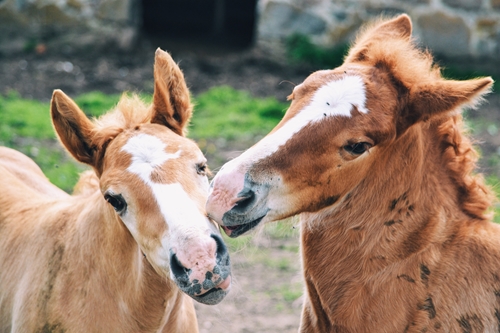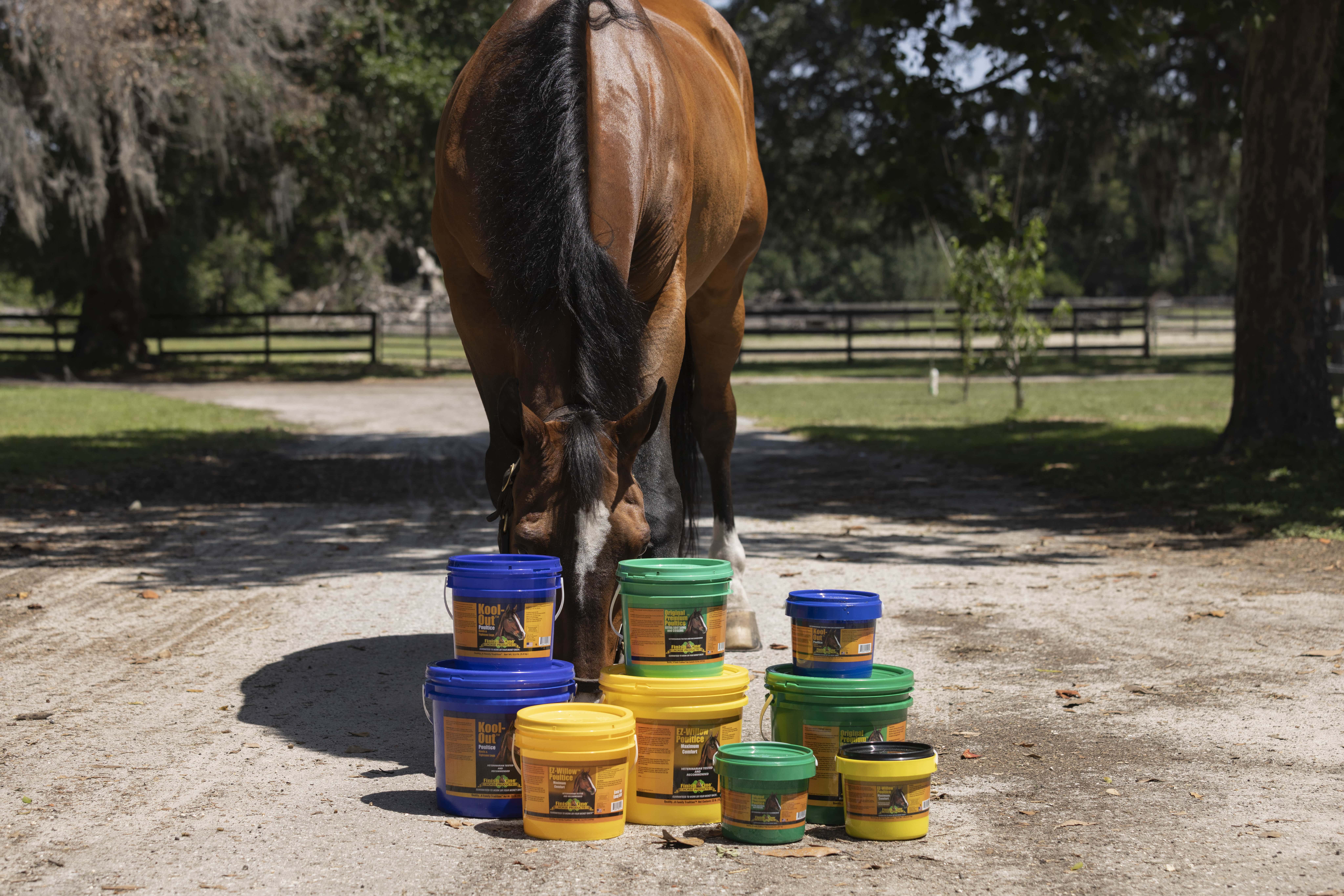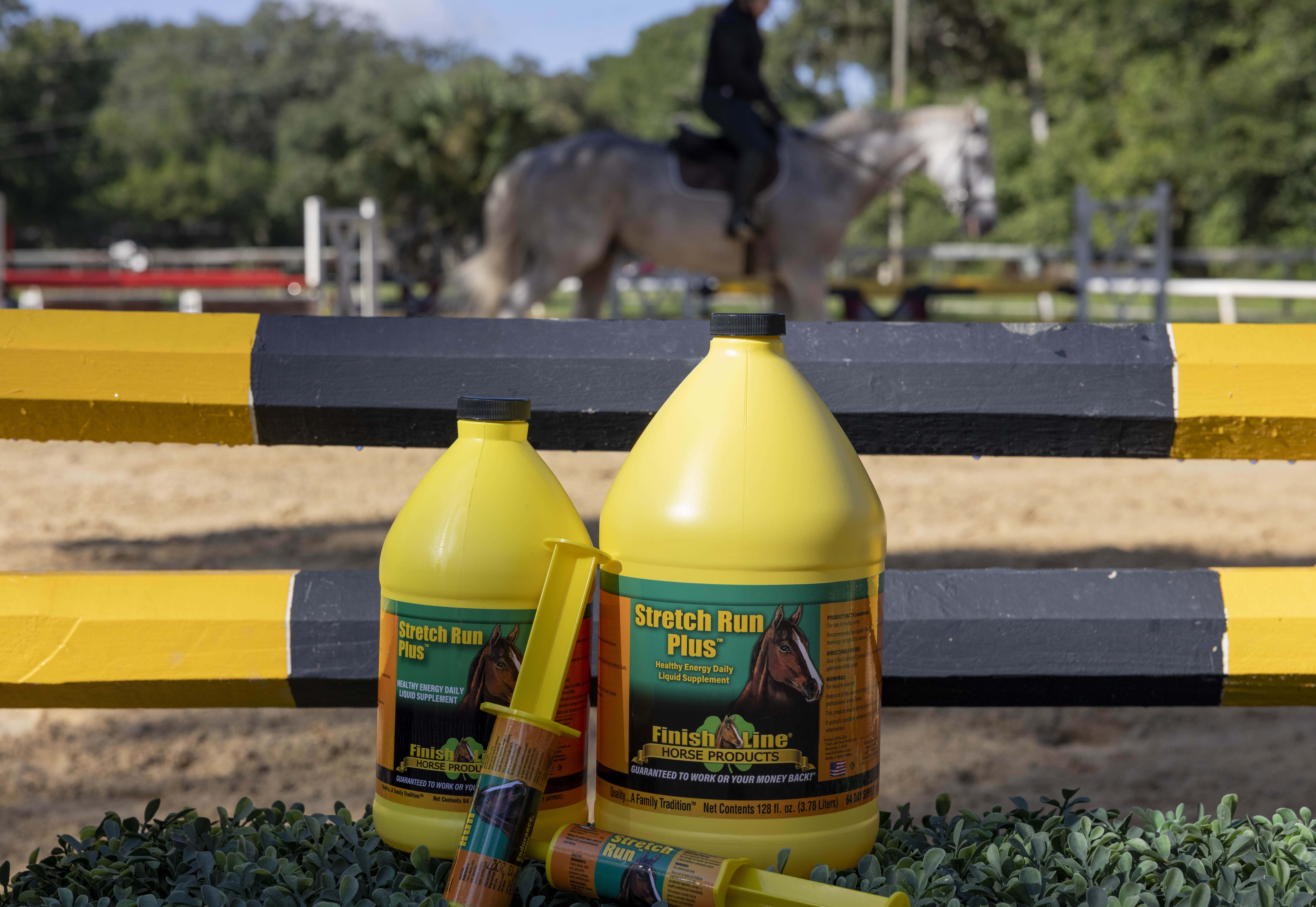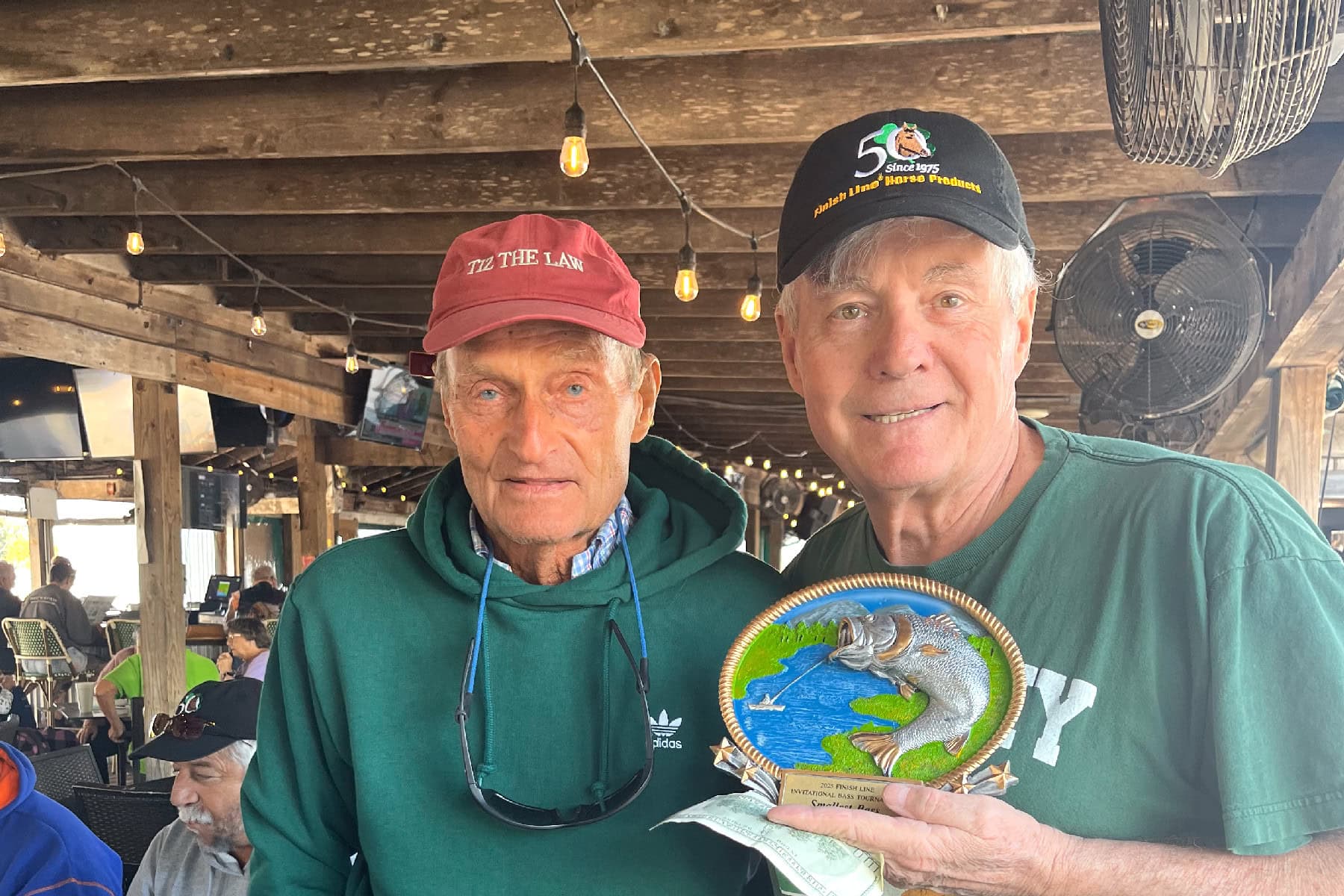Young horses need a lot of work. They have strict dietary requirements and more energy than adults, and training must begin early to encourage the right attitude for performance. Here’s a brief overview of how to care for a young horse:Diet
Foals have complex nutritional needs, so their diets require more precision than adult horses. The right balance of proteins, fats, vitamins, minerals, carbohydrates and fiber helps your foal develop in a healthy manner and prevents developmental orthopedic disease. According to the Merck Veterinary Manual, nutritional imbalances, physical trauma and rapid growth can all cause DOD.
“A diet with the right amount of nutrients treats and prevents DOD.”
Treatment or prevention of DOD requires a specialized diet containing the correct amount of nutrients – too many can be just as detrimental as too few. As TheHorse.com noted, your foal can’t get all of the nutrients it needs from foraging alone. Your veterinarian will help you choose appropriate feed and equine supplements, such as Finish Line’s Iron Power or Vitamin E and Selenium.
Still, proper nutrition begins before a horse is even born. If you’re able to, make sure the dam remains well-fed throughout her pregnancy and see that she gets the necessary trace minerals for her foal.
“If that was done, don’t be real concerned about trace mineral supplementation of the foal until he is 90 days old,” Joe Pagan, president of Kentucky Equine Research, told TheHorse.com.
Control the foal’s diet as it gets older so it grows at a steady, consistent pace. Forcing your horse to grow too fast puts undue stress on its bones and joints. At this point, the foal’s diet should consist of half grain, half forage. Depending on the brand and type of food, this diet might not supply the right amounts of zinc, copper, calcium or phosphorus. The correct ratio of calcium to phosphorous – 1.2-1.8 to 1, according to TheHorse.com – ensures your equine absorbs enough calcium for proper bone development.
Health care
During these early years, your farrier and veterinarian check your foal several times to ensure proper development. Sticking to a vaccination schedule is incredibly important at this stage. The American Association of Equine Practitioners provided a detailed list of the vaccines necessary for foal health. The essentials include tetanus, Eastern and Western equine encephalomyelitis, West Nile Virus and rabies. Other vaccines, including equine herpesvirus and botulism, are only necessary if your horse is at risk for the disease.
“A hoof imbalance can lead to leg issues.”
In addition, as Horsetopia noted, a farrier makes sure your horse’s hooves grow at a rate that supports proper balance and trims them when necessary. Because foals grow so quickly, an unbalanced hoof at a young age can easily lead to leg issues down the line.
It’s also important to pay attention to your horse’s teeth, and any dental issues present at birth should be addressed quickly. Although adult teeth don’t start to form until a horse is over two years old, according to the AAEP, some yearlings have baby teeth sharp enough to cut the insides of their mouths. Floating these teeth will prevent further damage.
Handling
As trainer Jonathan Field wrote for Horse Community Journals, newborn equines are more mature than human babies. People take months to move on their own and understand their surroundings, while horses develop these skills almost instantly. That’s why handling at a young age is incredibly important. It sets the stage for how your horse will act as an adult.
You don’t want to force the horse to get used to physical contact. Wait for it to approach you and slowly allow the equine to get used to your touch and presence. Don’t let it push you around, though. Young horses naturally try to test boundaries and see who is dominant.
Once your horse is used to your presence and understands who the boss is, start picking up its feet, rubbing the legs and placing various objects along its body. This gets the horse used to different textures so it remains calm when saddled or draped in a blanket. Over time, start leading the horse through a basic series of groundwork exercises.
Caring for young horses requires dedication, but the results are worth it. If done right, you’ll have an adult equine that’s healthy, fit and performance-ready.








